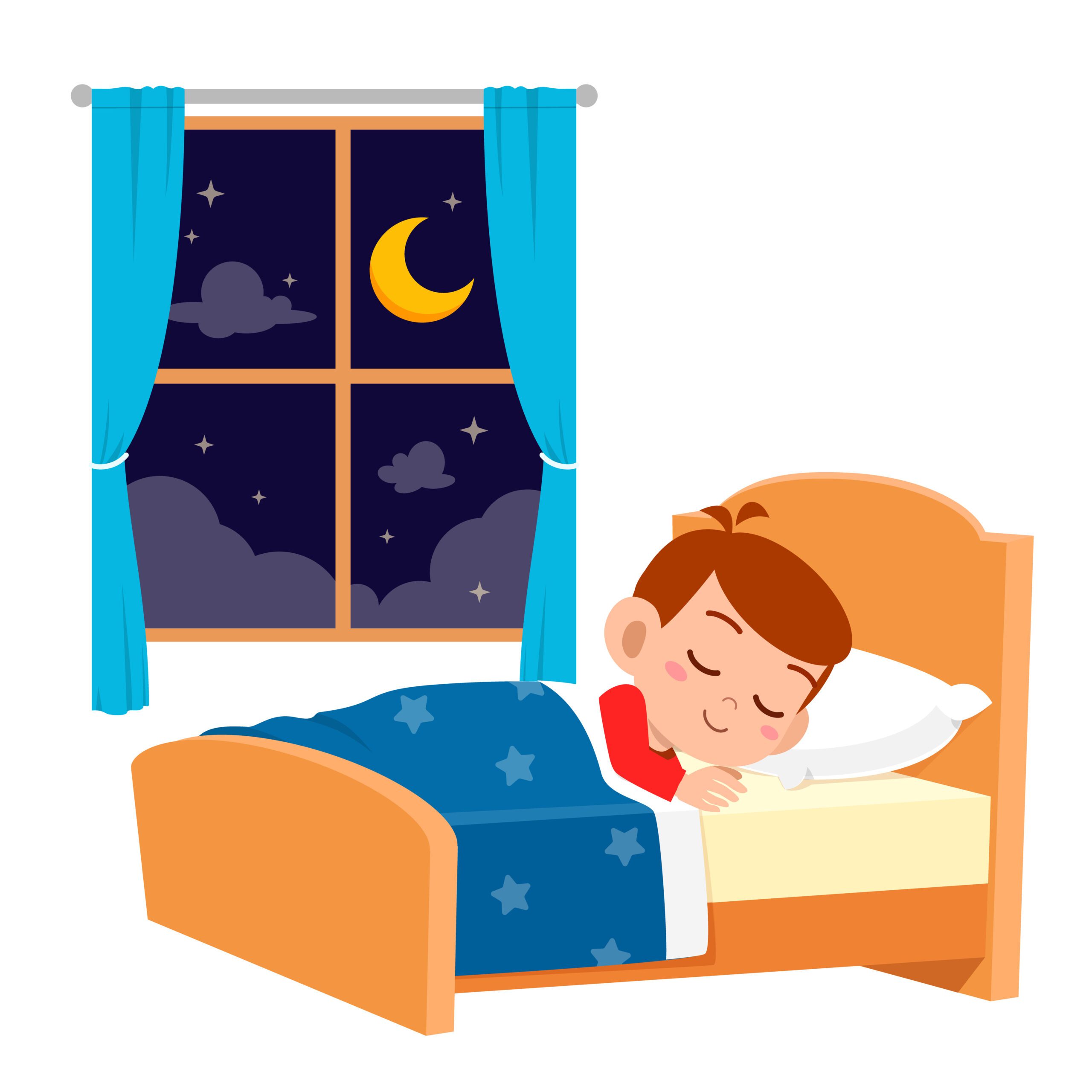
Bouts with insomnia, restless nights, and serious sleep conditions aren’t just for grown-ups. Kids’ nighttime issues are becoming more and more recognized in the medical community, and for good reason as you’re about to discover. Keep reading to make sure you’re not ignoring the signs of a much bigger problem when it comes to your kids and nighty-night time.
A Cacophony of Issues, and What You Can Do
It’s easy to look past a child’s nightmares or bedwetting at first, as even the healthiest of kids will end up staining a sheet or two before all is said and done. But the relaxed attitude toward some of these more common issues may be leading us to look past some red flags.
The most oft-reported sleep problems like sleepwalking, night terrors, bedwetting, and teeth grinding can be caused by an underlying emotional difficulty. Separation anxiety should be expected as a developmental landmark for young children, but some kids will cultivate that fear for years. And while sleepwalking and sleep terrors are relatively rare, and usually just a phase, it can begin to interfere with a child’s daytime behavior and needs to be addressed by a professional.
The American Academy of Child and Adolescent Psychiatry believes, however, that there are also things you can do at home to give your son or daughter the best chance for a restful night’s sleep.
To minimize the possibility of sleep problems, a regular bedtime and routine are necessary for young children. While babies and infants are often comforted to sleep with food or gentle rocking, it’s important to teach them that, as they get older, they need to learn how to sleep without these aids. If you can’t instill these lessons early, getting your child to sleep alone could be quite an issue.
But if there’s something more serious (like the aforementioned sleep terrors) that lasts for any significant period of time, seeking help is your best bet. Mood disorders, substance abuse, ADHD, and anxiety can all be tied to sleep issues in children, and a pediatrician should be able to get you the help you need.
In fact, they might notice a larger health issue altogether.
Asthma’s Role in Sleep Loss
Another common problem in America’s youth is asthma, which according to American College of Allergy, Asthma and Immunology, accounts for 10.5 million missed school days annually. But the ACAAI also pointed out what you might not have known about the breathing disorder.
“Research showed that lost sleep due to asthma was significantly related to frequent school absences, sports limitation and increased emergency room visits.”
That’s an important association, as absences and hospital visits are no joke. And even limitations in sports can end up fueling the obesity epidemic even further. Luckily, proper asthma care and complete management can aid in removing nighttime attacks, helping to curb sleep loss; although that might mean seeing an allergist.
According to the ACAAI, children who received care from an allergist have a staggering improvement in their condition, including a 54-76 percent reduction in emergency room visits, a 60-89 percent reduction in hospitalizations, and a 77 percent reduction in school absences.
Those are the type of numbers that can really help you sleep easy.
Cited Sources
“Children’s Sleep Problems.” AACAP. American Academy of Child and Adolescent Psychiatry, May 2012. Web. 27 Aug. 2012. <https://aacap.org/page.ww?name=Children’s+Sleep+Problems§ion=Facts+for+Families>.
“Allergist – Find an Allergist. Find Relief.” Asthma Results in Missed Sleep, School Days for Children. ACAAI, 11 July 2012. Web. 27 Aug. 2012. <https://www.acaai.org/allergist/news/New/Pages/Asthma_Results_in_Missed_Sleep_School_Days_for_Children.aspx>.
#InsidersHealth


In recent years, seed milks have gained popularity as a nutritious and eco-friendly alternative to dairy and other plant-based milks. Marketed as a healthy option, these beverages are often touted for their rich nutrient profiles and sustainability. However, a closer look reveals that not all seed milks are created equal. Many contain hidden ingredients and […]


NOTICE TO THE PUBLIC! A vast array of products seen in American grocery stores are notably absent on European shelves. This is not due to a lack of international trade but rather stringent food safety regulations in the European Union. Many popular American foods are banned in Europe due to concerns about health risks and […]


Did you know that there lurks an invisible ingredient in meat that has been raising health concerns —It is called meat glue- scientifically known as transglutaminase? Transglutaminase is an enzyme used to bind pieces of meat together to create larger, more uniform cuts that creates a seamless appearance. According to the American Meat Institute, it […]